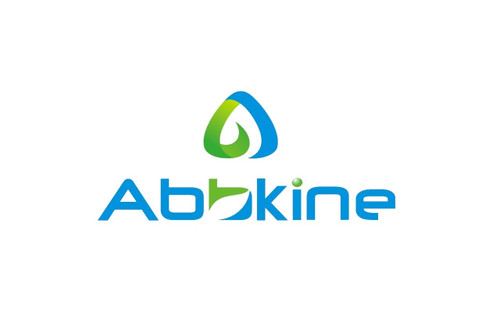Product Description
Human Prominin-1 (PROM1) ELISA Kit | AE25772HU | Abebio
Species Reactivity: Human (Homo sapiens)
Abbreviation: PROM1
Alternative Name: AC133; CD133; CORD12; MCDR2; MSTP061; PROML1; RP41; STGD4; hProminin|hematopoietic stem cell antigen|prominin-like 1
Application: ELISA
Range: 0.156-10 ng/mL
Sensitivity: 0.060 ng/mL
Intra-Assay: ≤4.9%
Inter-Assay: ≤8.2%
Recovery: 1, 07
Sample Type: Serum, Plasma, Other biological fluids
Detection Method: Sandwich
Analysis Method : Quantitive
Test Principale: This assay employs a two-site sandwich ELISA to quantitate PROM1 in samples. An antibody specific for PROM1 has been pre-coated onto a microplate. Standards and samples are pipetted into the wells and anyPROM1 present is bound by the immobilized antibody. After removing any unbound substances, a biotin-conjugated antibody specific for PROM1 is added to the wells. After washing, Streptavidin conjugated Horseradish Peroxidase (HRP) is added to the wells. Following a wash to remove any unbound avidin-enzyme reagent, a substrate solution is added to the wells and color develops in proportion to the amount of PROM1 bound in the initial step. The color development is stopped and the intensity of the color is measured.
Product Overview: CD133 is a glycoprotein also known in humans and rodents as Prominin 1 (PROM1) .It is the founding member of pentaspan transmembrane glycoproteins (5-transmembrane, 5-TM), which specifically localizes to cellular protrusions. CD133 is expressed in hematopoietic stem cells, endothelial progenitor cells, glioblastomas, neuronal and glial stem cells and some other cell types. In contrast, AC133-1 was prominent in fetal brain and adult skeletal muscle and absent in fetal liver and kidney and in adult pancreas, kidney, bone marrow, hematopoietic stem cells, and placenta. RT-PCR and flow cytometric analysis revealed expression of AC133-2 in basal epidermal stem cells, and the expression was downregulated in cultured basal cells.
Stability: The stability of ELISA kit is determined by the loss rate of activity. The loss rate of this kit is less than 5% within the expiration date under appropriate storage condition. The loss rate was determined by accelerated thermal degradation test. Keep the kit at 37°C for 4 and 7 days, and compare O.D.values of the kit kept at 37°C with that of at recommended temperature. (referring from China Biological Products Standard, which was calculated by the Arrhenius equation. For ELISA kit, 4 days storage at 37°C can be considered as 6 months at 2 - 8°C, which means 7 days at 37°C equaling 12 months at 2 - 8°C) .
 Euro
Euro
 USD
USD
 British Pound
British Pound
 NULL
NULL








